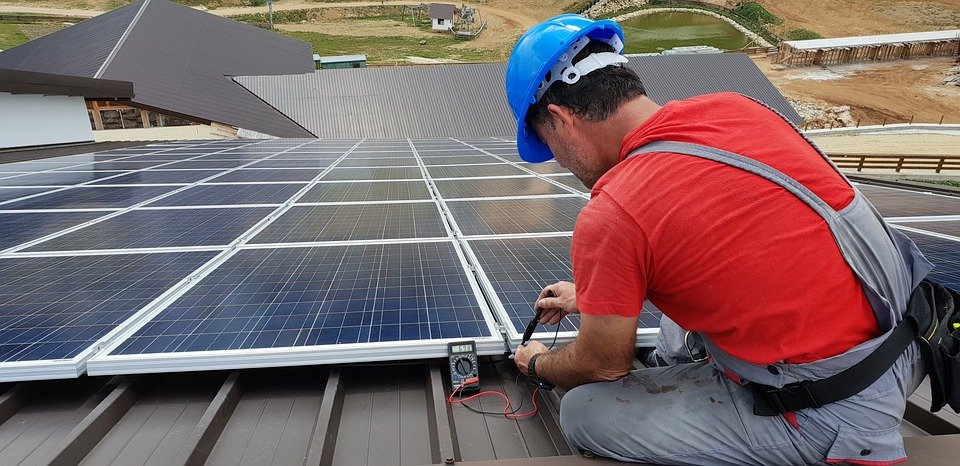The Advantages of Solar Power

Solar power can be used for many things on the planet. Solar power can be used for heating pools and homes, drying clothes, generating electricity, running vehicles, space heating, and so much more. Solar energy can be used in place of fossil fuels and without pollution. Solar power is clean, abundant, and environmentally friendly, as well as providing instant energy and is renewable. It's just plain good sense! Click here: blueravensolar.com/utah/orem/ to learn more about the benefits pf solar installation.
Solar power is the absorption of solar energy from the rays of the sun into thermal energy, either directly with photovoltaic solar panels, indirectly through concentrating solar technologies, or in a combination. The concentrating technologies involve using mirrors or lenses to focus a larger area of direct sunlight into a smaller beam, which can then be used to heat water or steam. The thermal energy is used to boil water, produce electricity, and so much more.
Although solar power does not provide instant energy like other forms of renewable energy such as wind energy or geothermal energy, it is consistent, reliable, and sustainable. And the sun provides it year 'round. The technology for building solar photovoltaic panels has been around for a long time but it's only now that the widespread availability of cheap, efficient, and effective photovoltaic cells that have made them affordable for almost anyone. The combination of these cheaper, efficient cells, and the ever-growing need for efficient electricity have led to the growth of utility-scale solar power plants in numerous parts of the world in recent years.
While solar power has many benefits for the planet and for people who live in remote areas where utilities are expensive or inaccessible, there are some free savings estimate, as well. One of the biggest objections is that solar power emits harmful carbon dioxide and other greenhouse gases into the atmosphere. Another objection is that solar energy can't be employed everywhere, which limits its usability. But in spite of these objections, solar power has a lot of promise.
Solar power plants use the sun's energy to create electricity by using solar panels. A panel is made up of photovoltaic cells, each of which takes the energy from the sun and changes it into electricity. The captured energy is stored in what are called solar modules, which are connected to generators which can then convert the stored energy into usable electricity. The converted electricity is sent to utility-scale power plants, which use it to produce power.
Solar power has many benefits for the planet and for people who want to do their part in helping it save the planet. It's one of the most environmentally friendly methods of obtaining electrical energy. It's also clean and sustainable, and doesn't add to the pollution of fossil fuels. And it has the potential to become an increasingly important source of energy as more people begin to turn to alternative sources of energy, such as solar energy. This potential, coupled with a dearth of government funding for new power plants, is one of the reasons why solar power is set to continue to grow in popularity.
Check out this related post to get more enlightened on the topic: https://en.wikipedia.org/wiki/Solar_power.
